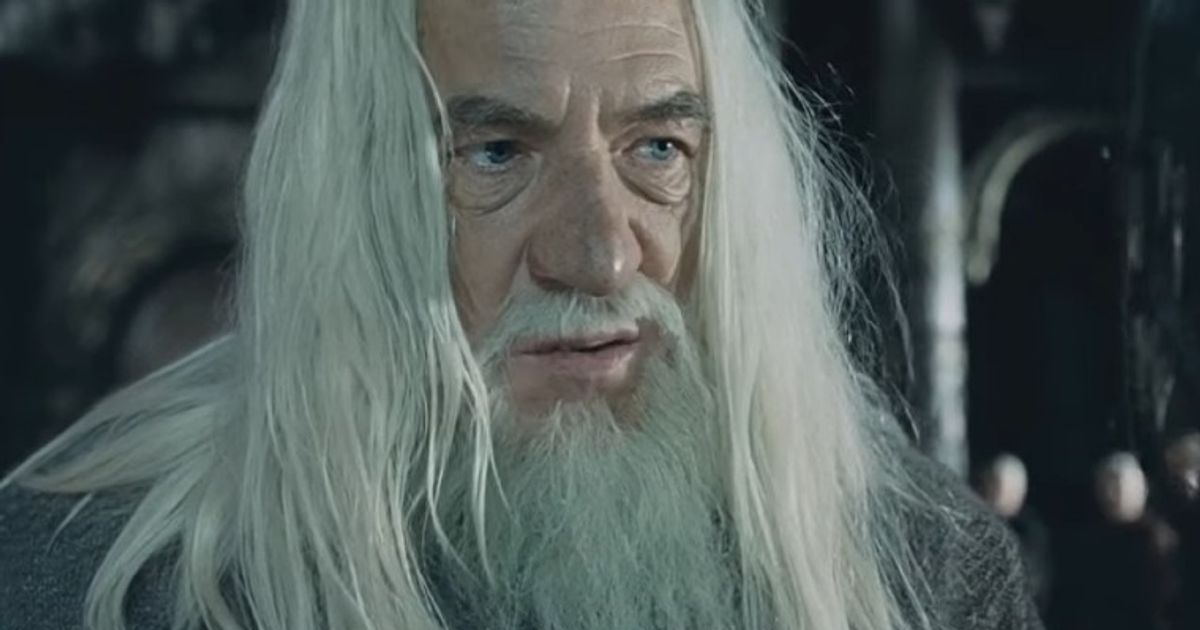The more you delve into fantasy, particularly videogames and tabletop games like D&D, the more likely you are to encounter categories such as "Wizard," "Warlock," "Magician," and "Sorcerer." In this article, we break down each category with examples and explain the differences between them.
With more streaming platforms, more subgenres, and more complex games than ever before, these are good times for fantasy fans. Fantasy is becoming more diverse and inclusive than ever, so whether or not the genre is your favorite, you're bound to find something to love.
As fantasy expands, so does our understanding of it, and whether you're more interested in "soft" – mysterious and inexplicable – or "hard" magic systems – those governed by specific rules you can understand, or even if you disagree with Brandon Sanderson's categorization of magic systems, you might have wondered how to tell magic-users apart, and if the terms to describe them can be used interchangeably. So let's delve into each category.
Magician
This is probably the most generic and less charged term to describe a magic user. It's often used interchangeably with Wizard, a term we are also analyzing in this article. Of all the terms we are breaking down here, this is the only one not found in popular role-playing games, particularly because it does not describe a specific type of magic user.
Moreover, the term magician can sometimes refer to those who practice magic as an illusion rather than a supernatural activity, which is likely why it's not widely preferred in modern fantasy. Characters who are referred to as such will most likely be associated with non-typical kinds of magic.
In Maggie Stiefvater's The Raven Cycle, Adam Parrish is referred to as a Magician. Over the course of the YA series, he develops a supernatural relationship with a sentient forest. However, he was not born with magical abilities – he just had an increased sensitivity to psychic energy, and often used artifacts to perform magic. These included Tarot cards, in which the Magician is a prominent figure.
Wizard
Likely the most commonly used term, a wizard or witch will typically refer to a magic-user for whom magic is a skill they develop like all others: with study and effort. A wizard or witch is usually born with the capability of practicing magic, but some degree of training will often be involved if they are to become masters of it. In DnD, wizards are spellcasters whose ability will grow with effort.
Notable works that have used the term wizard to describe their magic users are the Harry Potter franchise and Howl's Moving Castle. The former features a magic school, while in the latter, the wizard Howl was tutored by a witch, encouraging us to view magic used by wizards as a skill acquired through study and practice.
Of course, the term wizard is often used to describe a character archetype, that of a typically old, bearded man who acts as a mentor for other characters, such as Gandalf from Lord of the Rings, or most versions of Merlin.
Sorcerer
A sorcerer or sorceress is a term used a bit less often than a wizard or witch. It's mostly known as a DnD or other role-play class, and it will often refer to characters who did not choose magic. Rather, they were chosen by it. In DnD, a sorcerer cannot master magic the way one master a language, through continuous study. Rather, it's an inherent skill.
Interestingly, in Harry Potter, where the term wizard is favored over sorcerer, the American version refers to the philosopher's stone as sorcerer's stone.
Warlock
When you think of a warlock, more sinister connotations are likely to come to mind. More often than not, there will at least be an element of darkness in characters known as warlocks, even if they aren't evil. The etymology of the word justifies this. The Old English word from which "Warlock" is thought to come from, means "oath-breaker" or deceiver. In Scots, the term was often used to describe male witches, and all in all, it's most often associated with the devil in one way or another.
Once again, we will borrow from DnD to explain some of the most common modern ideas about warlocks. In popular tabletop games, warlocks are magic users who were not born with powers, nor did they acquire them through personal study. Instead, they were granted abilities by a supernatural entity, such as a Demon. In the case of Dnd, then, even a female character would likely be called Warlock, rather than Witch.
Of course, nothing is set in stone, and sometimes the choice to call a magic-user "Warlock" rather than anything else, will be the creator's personal choice. In the popular book series and tv show Shadowhunters, magic users are called Warlocks. Their having one human parent and one demon parent (who likely got together with the human parent through deceit) confirms the sinister ideas that are prevalent about Warlocks, but not all Warlock characters in the Shadowhunters are evil. Quite the opposite.
And then, there's BBC's Merlin, who is time again called "young Warlock" by the dragon, even though his magic is decidedly not evil, proving that magic users are hard to pin down.
If the above shows us anything, it's that fantasy is hard to categorize. Knowing typical examples and uses of different terms can be helpful, but eventually, a lot depends on trends and personal preferences. Current creators can therefore experiment and decide what works best for them and their fantasy world. Language is definitely very important in fantasy, but most of all, it's meant to be fun.
Related:Is Superman Stronger Than Darkseid Explained
Explore new topics and discover content that's right for you!
Fantasy & Science Fiction






